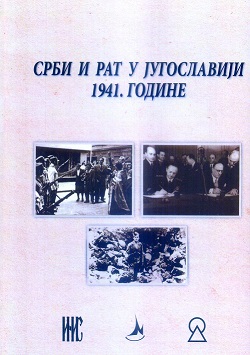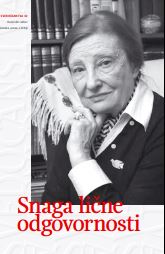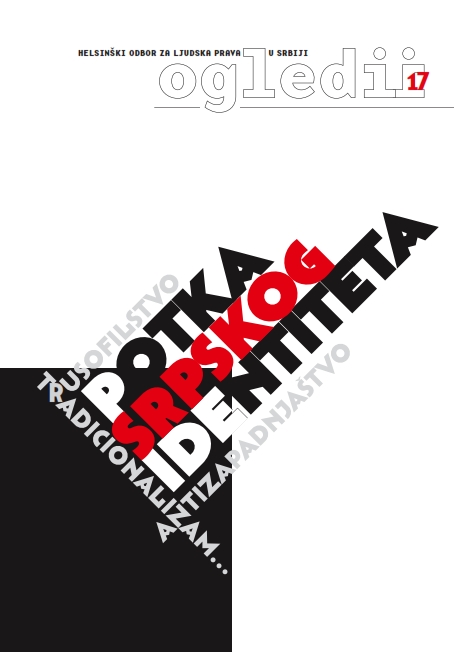
Комунисти у југословенској дипломатији 1945- 1956: број и организација партијског живота
CPJ cadres started coming into diplomatic missions abroad immediately after WWII. The influence of the CPJ and the number of communists increased over years through sending new cadres from the country, accepting into the Party membership part of diplomatic officials who previously hadn’t been communists and through recall of old cadres home. According to the 1949 data in J ugoslav missions in 28 countries there were 602 communists. The largest number was to be found in Germany (94), Italy (70), Great Britain and the USA (55 each) and Austria (47). Until early 1952 the number of communists was increased almost by a third: from 602 to 779. The largest number of Party members was to be found in the USA some 120. Until mid-1950s the CPJ established M l domination of the diplomatic service. 1.300 communists were serving in diplomatic missions abroad then. According to the data of June 30, 1956, there were 1.562 Jugoslav representatives (including students and those specializing) in 43 countries. Out of that number there were as many as 1.341 communists, or some 86%. The largest number of communists served in the USA (117), France (114) and Great Britain (104). The presence of the communists in the diplomatic service posed the problem of their organization. Party cells were set up in most countries after WWII but they were disbanded on the decision of the Central Committee in March 1946. Instead, Party plenipotentiaries were put in charge of the communists abroad. After the Resolution of the Informbureau, the Central Committee ordered reestablishing of Party organizations in the second half of 1948. Ever since a single Party organization existed in each country that was divided into several sections in countries with several J ugoslav missions. In the early 1950s on the orders of the Central Committee new changes were introduced, so Party organizations were set up in every town with a Jugoslav mission, whereas Party committees directed the work on the national level.
More...





